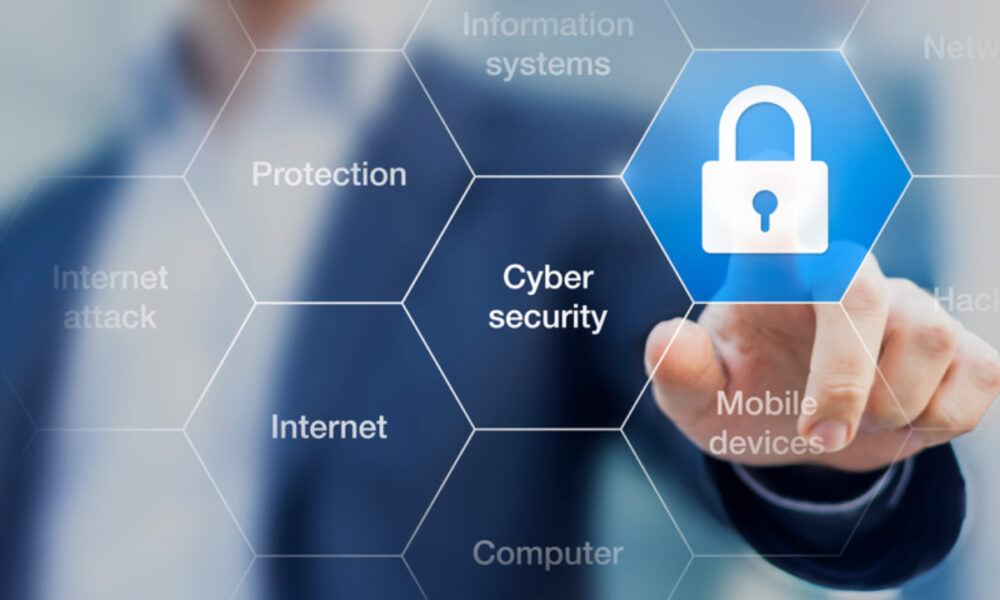Cyber security threats are a mere mistake away for most travelers and techy adventurer seekers. Those business trips you take can be a risk for your professional and personal life because unscrupulous individuals can hack your sensitive data on your mobile devices like laptops, smartphones, and tablets.
Below are eight cyber security tips worth considering for your next travels, whether for business or holiday.
1) Lock Devices Down
Most laptops, smartphones, and tablets are equipped with security settings like fingerprint ID, PIN, face recognition, and more. It is best to use these settings, ensuring they are active on all your portable devices when traveling. Also, change your passwords and security codes regularly.
The will be the first line of defense that must be breached to gain access if your devices are stolen, or you forget or misplace them.
2) Avoid Using Public Wi-Fi
Cyber security laws and regulations differ from country to country, even though they also share some commonalities. That means, much of the security protocols used in the U.S. will not be the same are those found in other countries. Public Wi-Fi is often free, and such access can be appealing when traveling for business or leisure. However, free Wi-Fi access leaves you vulnerable to security threats.
Therefore, inquire if the internet provider uses an . That means it is best to exercise some caution when using internet access at free Wi-Fi hotspots, hotels, and cafés. Also, experts advise against accessing your accounts and sensitive data when traveling and using free Wi-Fi access.
3) Disable Auto-Connect
Your smartphone, tablet, or laptop might have an auto-connect setting that lets it connect to open Wi-Fi networks within range. It might seem like a nifty feature when using it at home or the office, but it poses significant risks when traveling abroad. Therefore, it is best to change this setting or turn it off before traveling, ensuring that you are prompted to connect manually every time you want internet access.
4) Limit Location Sharing
Travelers who are avid social media users tend to update their location status as they move from place to place. However, it is an excessive sharing habit that unscrupulous entities can exploit to gain personal data and increase your home’s security threat.
Criminals can use your location status updates to know when you are not at your hotel or home and break in and steal your belongings. As such, limit sharing information about your whereabouts online to minimize the possibility of dealing with these security threats when away on business.
5) Invest In Anti-Virus Protection
You can enhance the safety of your data by using anti-virus software to bolster security. Thus, you can travel with your mind at ease, knowing your business and personal information is secure. Also, update your anti-virus software regularly to ensure you use the latest version.
6) Update Operating Systems
Your smartphone, laptop, and table run on an operating system that requires periodic updates. The same goes for most of the programs and applications you use. It is wise to keep them current, especially the apps and programs used to conduct personal and financial business.
7) Change The Passwords
Security experts recommend changing your passwords regularly but make sure it is unique, not anyone can associate with you, and something you can remember. Using numerical sequences is not ideal. Instead, take the time to create a password that will keep out unauthorized access. It is best to do this to your home’s security system before leaving for your business trip, and you can restore the passwords when you return.
8) Disable Bluetooth Connectivity
The Bluetooth connectivity in your portable digital devices can also be exploited to gain access to your information. Bluetooth and Wi-Fi signals can come from anywhere, and leaving your Bluetooth on presents an opportunity for unscrupulous entities to use it to connect and hack into your laptop, tablet, or smartphone when traveling.
Besides implementing these cyber security tips, we also recommend familiarizing yourself with the cyber security laws and regulations in the places you visit during your trip. Implement to mitigate the risks of security breaches. Taking such measures ensures that you remain vigilant during your travel and help reduce the chances of becoming another cyber threat victim.
This content was originally published here.


